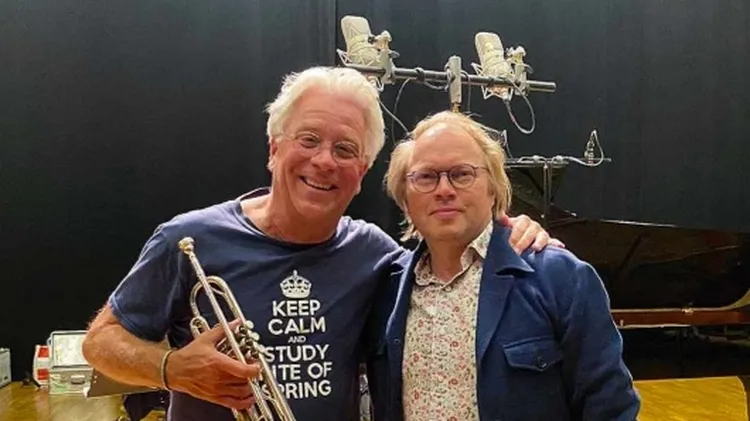‘Everything you’ve heard is true,’ proclaimed the posters for Milo
Music malice & murder
16 min read
This article is from...
Read this article and 8000+ more magazines and newspapers on Readly






